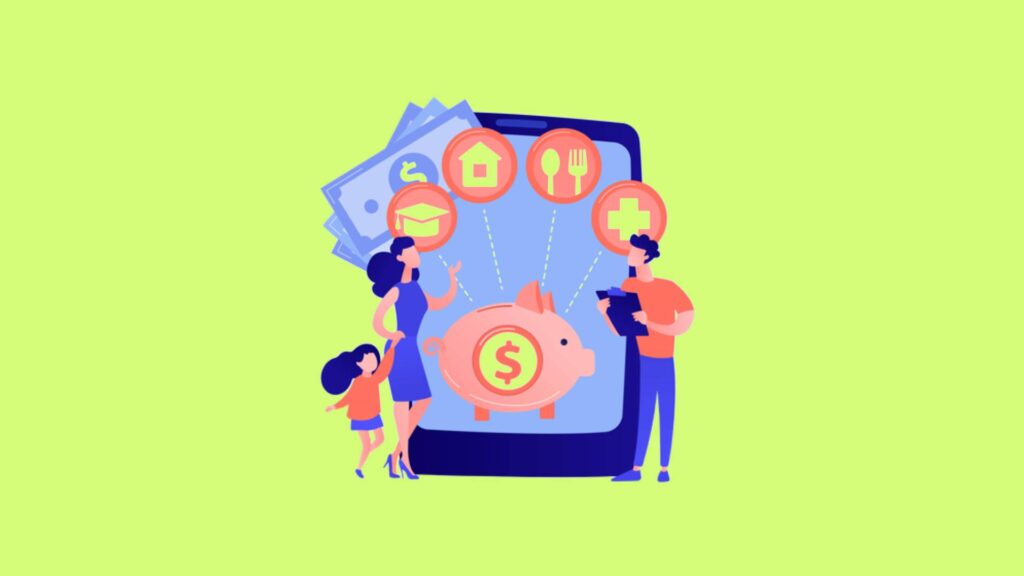On February 1, 2024, Nirmala Sitharaman, the finance minister, will release the Interim Budget 2024. Every sector of the economy has expectations from the Budget, as usual.
TAXATION REFORMS:
In Budget 2024, taxpayers expect significant tax improvements in the form of easy procedures and lower personal income tax rates, which they hope would provide relief. One important expectation is the simplification of tax laws, which will enable people and families to better manage their finances. In general, the public is hungry for a budget that ensures economic stability, justice, and simplicity while enacting real improvements to the tax code. As per 2023, the Indian families saw a strain in the Educational and Health sector of the Financial Budget of 2023 although it had the highest allocation of 2 lakhs crore compared to other years. High hopes lie in the deduction of respective taxes.
SOCIAL WELFARE SCHEMES AND ALLOCATIONS:
India provides large sums of money for social welfare across the board. Important programmes include the National Education Policy, which promotes high-quality education, the Ayushman Bharat health coverage programme, and the Pradhan Mantri Jan Dhan Yojana financial inclusion programme. Employment in rural areas is guaranteed by the Mahatma Gandhi National Rural Employment Guarantee Act. By ensuring direct funding transfers for welfare programmes, the Direct Benefit Transfer method lowers corruption. In addition, programmes like Swachh Bharat Abhiyan and Ujjwala Yojana offer clean cooking fuel and sanitation, respectively. These programmes which seek to improve living conditions, healthcare, education, and marginalized communities while promoting inclusive development is what the citizens demand more in the upcoming budget.
ECONOMIC STIMULATION:
Putting money into the economy to encourage growth in hard times is known as economic stimulation. It is necessary to promote investment, expenditure, and job creation in order to combat downturns in the economy, such as recessions or crises. People demand the goal of stimulus programmes such as tax breaks, infrastructure spending, and monetary policy changes to boost the economy. They feel that the government could prevent lengthy recessions, stabilize financial markets, and guarantee a more robust economy by boosting demand and assisting companies.
HOUSING AFFORDABILITY
Citizens demand implementing measures to increase housing accessibility—often through subsidies or incentives—is a key component of efforts to improve housing affordability. In this instance, digitalization means using technology to streamline property transactions, design cities more efficiently, and provide online services to make homeowner tasks easier. Together, these policies seek to provide affordable, sustainable housing options, guaranteeing a technologically sophisticated, well-rounded approach to addressing housing issues.






